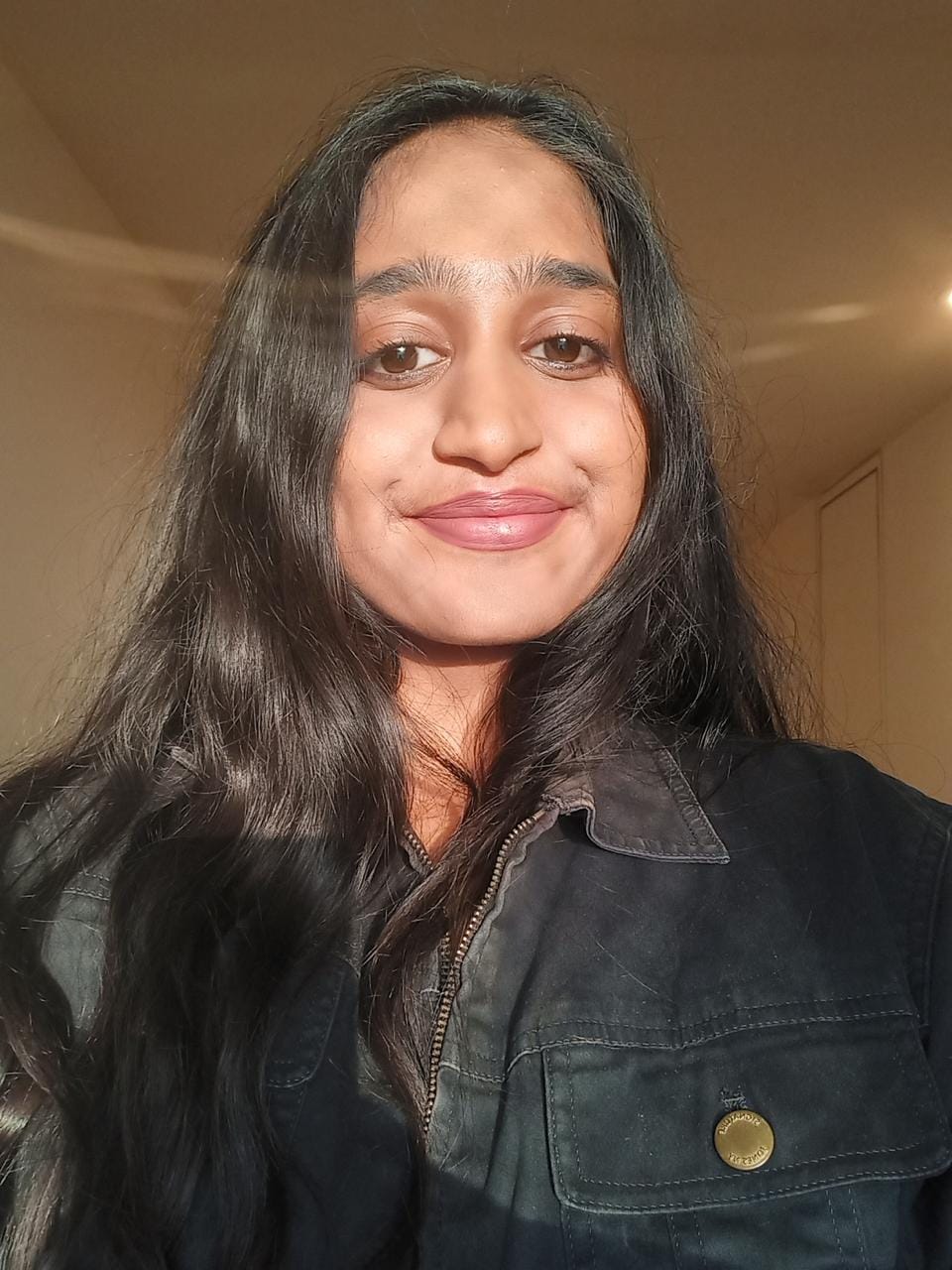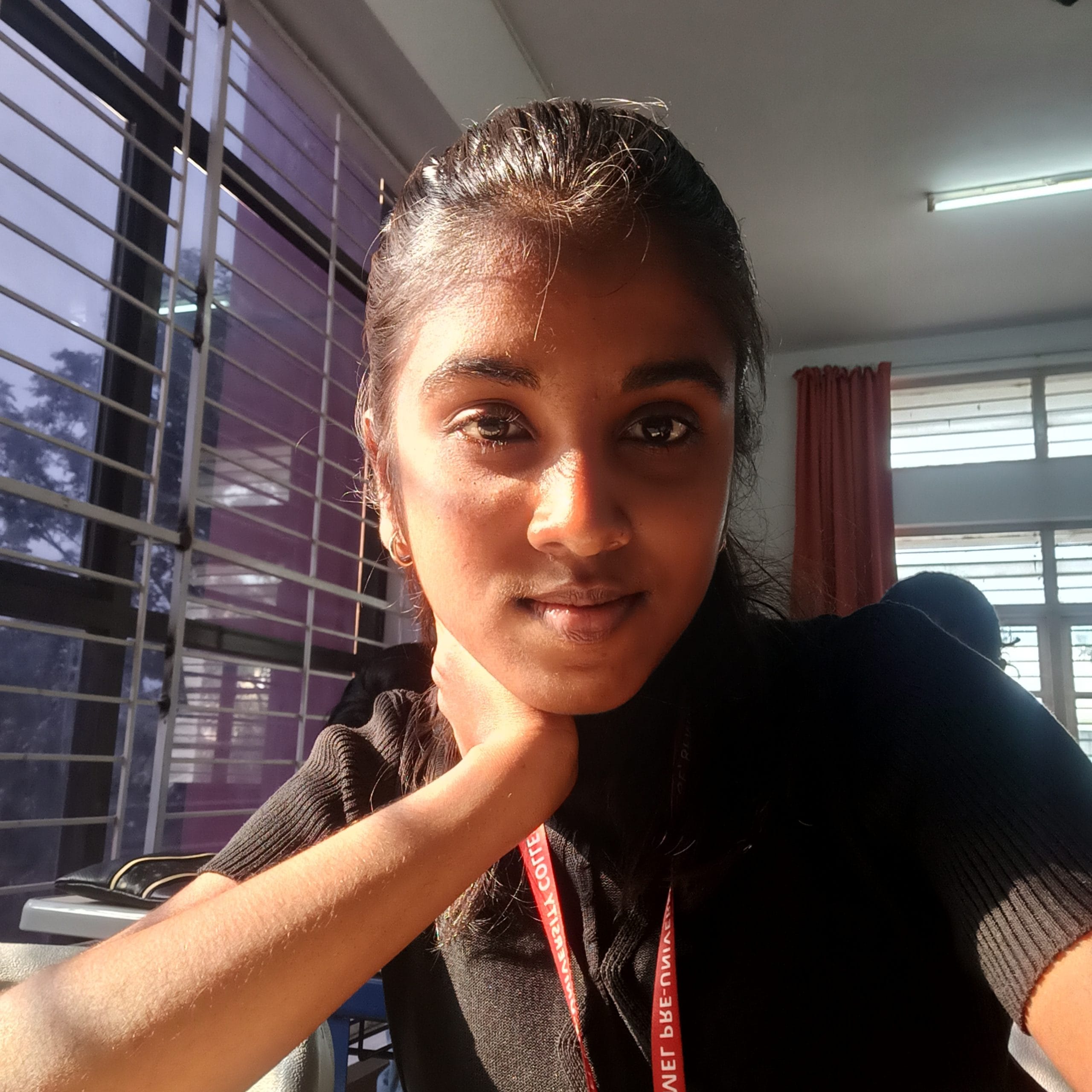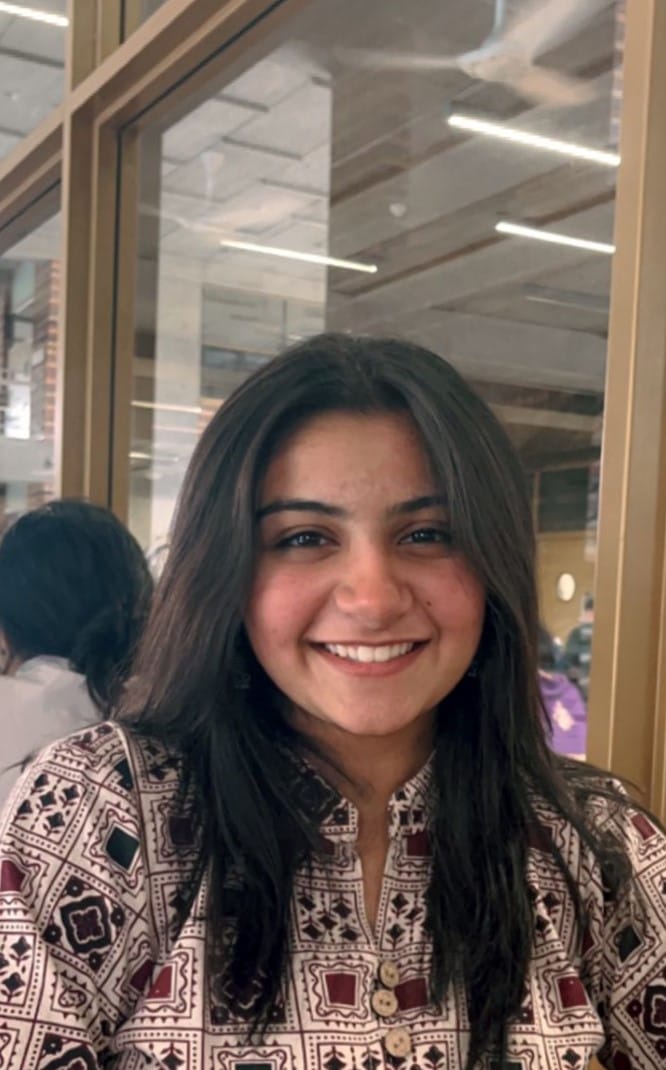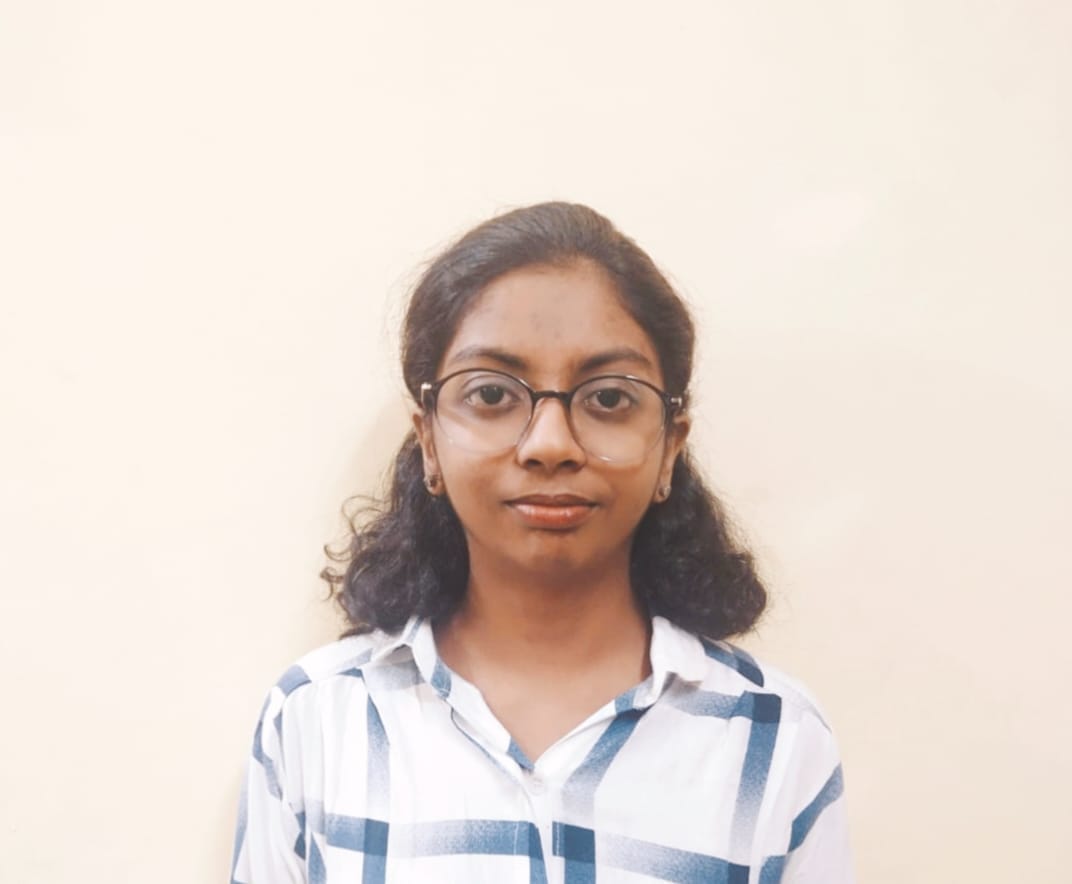Rain and the Rainbow: Challenges to LGBTQIA+ mental health in India and the path ahead.

Anusmita Biswas
April 22 , 2024

Homophobia, transphobia, rape, suicide.
Please prioritise your mental health and refrain from reading if any of the following topics trigger you.
Mental health and LGBTQIA+ rights are easily among the most stigmatised topics in Indian society. Saying mental health and LGBTQIA+ in the same sentence is no mean feat. Times have changed and so have people’s views, but the mental health of people from the LGBTQIA+ community remains precarious. According to the Trevor Project, LGBTQIA+ individuals suffer from mental health issues due to stigma and discrimination. A Trevor Project survey found that LGBTQ+ youth are 1.75 times more likely to suffer from anxiety and depression. The transgender community is even more vulnerable with a 2.4 times higher risk of anxiety and depression compared to cisgender heterosexual individuals. The Center for Disease Control and Prevention found in a 2016 study that LGBTQIA+ community members consider suicide nearly three times more when compared to heterosexual community members.
Several reasons hinder people from the community to access mental health facilities. Some of them include:
Stigma and Misconceptions
Though it was depatholozised as a mental disorder from the DSM in 1973, homosexuality is still widely misunderstood by many. The difference between biological sex and gender still garners a lot of controversy despite scientific research concluding that both are distinct from each other. In a country like India where homosexuality was decriminalised as recently as 2018, there is a dearth of scientific literature on the LGBTQIA+ community. As per government estimates, India is home to around 2.5 million people belonging to the community. However activists claim that the numbers are as high as 125 million due to a vast majority of closeted individuals. Inspite of a large section of the population being queer, India lacks effective policies that aim at ensuring the well-being of the community through legal safeguards. This is mainly due to a general disregard for people who don't fit into heteronormative standards.
The Obsession to "cure" Queerness
Many quacks practice and promote immoral and pseudoscientific conversion therapy. It employs a myriad of techniques that are often invasive and are carried out without consent ranging from exorcisms and food suppressions, to the more extreme electroconvulsive therapies and ‘corrective rape.’ These practices threaten the life and dignity of the individual and cause irreversible damage to their mental health.

Photo by Road Trip with Raj Team on Unsplash
Lack of Psycho-Education and Mental Health Care Facilities
Mental health in general is grossly misunderstood in India. The stigma and antagonism faced by LGBTQIA+ individuals further stop them from seeking mental health care. Common reasons for queer individuals to not seek support include:
The inability to afford it
The fear of being outed
Negative past experiences due to lack of gender-affirming care
Not getting permission from parents/caregivers
Stigma and shame
Lack of queer-affirmative therapists
Lack of psycho-education also contributes to the reluctance in help-seeking. Most of the time individuals are unaware of what they’re going through. Parents, caregivers, and other trusted adults often reject these concerns as a ‘phase’. As a result, mental health conditions such as gender dysphoria and body dysmorphia remain untreated. These can lead to an increase in the risk of self-destructive behaviours such as substance abuse, non-suicidal self-injury, and suicidal ideation.

Photo by Hal Gatewood Team on Unsplash
Finding Sunshine of Progress in The Rain of Uncertainty
Over the past few years, numerous legislatures have been passed that safeguard the rights and interests of individuals belonging to the LGBTQIA+ community. Queer-affirmative therapy is gaining traction in India. Queer-affirming therapy is not just acknowledging the existence of queer people. It involves understanding the unique problems that queer people face and fostering an accepting environment.
Despite all the progress, inclusivity remains a distant dream. Inclusive healthcare is a basic right that everyone should have access to. However, in India structures of systematic discrimination based on religion and caste put queer people belonging to such minorities at an even greater risk. More hurdles stand in the way of seeking mental health care for them.
India still has a long way to go when it comes to the inclusion and well-being of vulnerable sections of society. Major policy changes aimed at dismantling the systematic exclusion faced by the community along with programs to educate people about the LGBTQIA+ community could go a long way in ensuring an inclusive future where all colours of the rainbow can shine.

Photo by Cecilie Johnsen Team on Unsplash
If you or someone you know is struggling with any of the issues mentioned above, please reach out to trained queer-affirmative therapists at Heart It Out.
Keep Reading
Started reading,
found my glow!
New blogs dropping soon – Sign up!
© EmbraceWell. All rights reserved



























